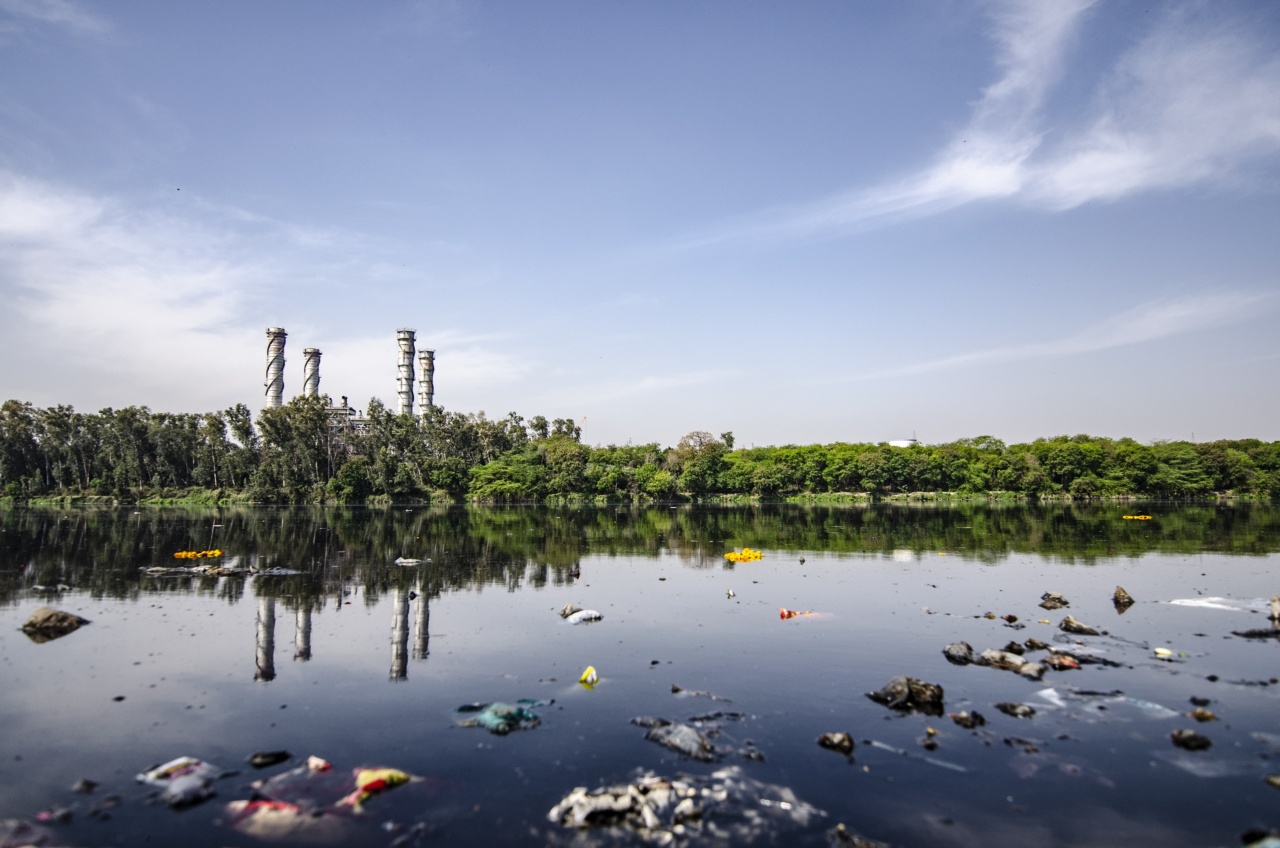Traveling to polluted areas can increase your risk of developing respiratory problems and other health issues. But with the right precautions, you can protect your health while still enjoying your travels.
Here are some tips for staying healthy when traveling to polluted areas.
1. Check the Air Quality Index
Before your trip, check the air quality index (AQI) for your destination. The AQI measures the level of air pollution, and ranges from 0 (cleanest air) to 500 (most polluted air).
If the AQI is high, you may want to consider rescheduling your trip for a later date. You can check the AQI at airnow.gov.
2. Take Precautions
If you do decide to travel to a polluted area, take precautions to protect yourself from harmful pollutants. Wear a face mask or respirator when you are outside, especially if the AQI is high.
Use air purifiers in your hotel room, and avoid exercising outdoors on days when the AQI is high.
3. Stay Hydrated
Drinking plenty of water is important when traveling to polluted areas. This can help flush toxins from your body and keep your respiratory system healthy. Make sure to drink bottled water if the local tap water is unsafe to drink.
4. Eat a Healthy Diet
Eating a healthy diet can also help protect your health while traveling. Focus on eating whole, nutrient-dense foods like fruits, vegetables, and lean proteins.
Avoid processed foods and sugary drinks, which can weaken your immune system and make you more vulnerable to pollutants.
5. Get Enough Sleep
Getting enough sleep is important for maintaining a healthy immune system and respiratory system. Make sure to get at least 7-8 hours of sleep each night, and avoid staying up late or consuming caffeine before bed.
6. Avoid Smoking
If you are traveling to a polluted area, it’s especially important to avoid smoking or exposure to secondhand smoke. Tobacco smoke contains harmful chemicals that can damage your lungs and increase your risk of respiratory problems.
7. Consider a Supplement
Some supplements may be helpful for protecting your health while traveling in polluted areas.
Antioxidants like vitamin C and E can help protect your lungs from oxidative stress, while omega-3 fatty acids can reduce inflammation and improve cardiovascular health. Talk to your healthcare provider before taking any supplements, especially if you have underlying health conditions.
8. Practice Good Hygiene
Practicing good hygiene is important for preventing the spread of respiratory illnesses, especially when traveling in polluted areas.
Wash your hands frequently with soap and water, avoid touching your face, and use hand sanitizer when soap and water are not available.
9. Know the Signs of Respiratory Problems
If you experience symptoms like coughing, wheezing, difficulty breathing, or chest tightness while traveling in polluted areas, seek medical attention right away.
These symptoms may be a sign of a respiratory problem, and prompt treatment can help prevent further complications.
10. Keep Medications on Hand
If you have a respiratory condition like asthma, make sure to bring your medications with you when you travel. This can help you manage your symptoms and prevent flare-ups while you are away from home.





























